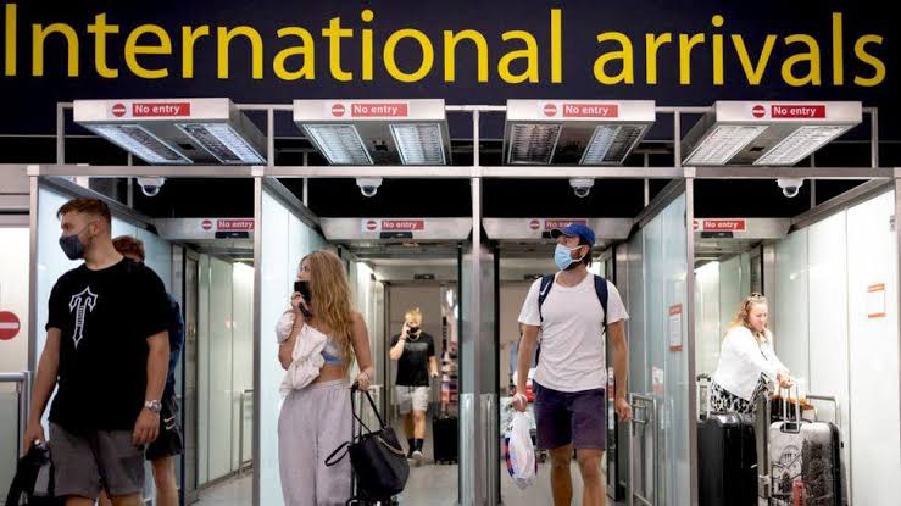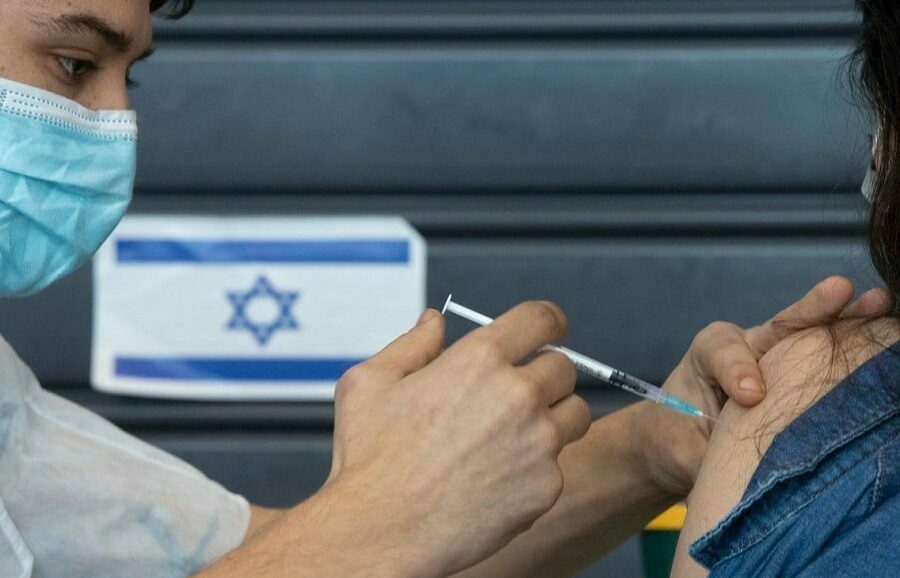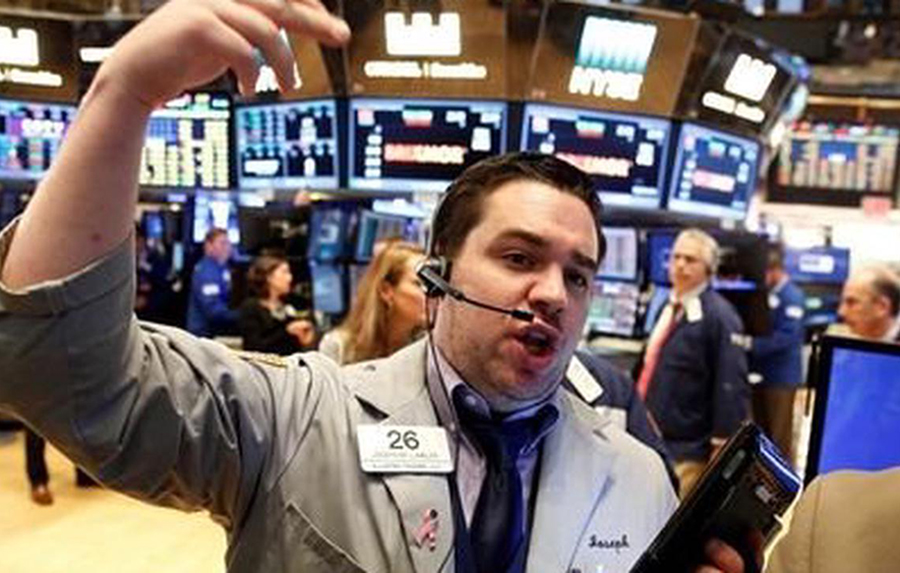Nigeria is unofficially experiencing the 3rd wave of covid-19 outbreak, with the nation’s commercial capital, Lagos State as the hotbed of cases in the country. With rising figures, the 3rd wave brings memories of 2020, when Nigeria joined a host of other nations on a lockdown that eventually contributed to plunging an extra 7 million Nigerians into poverty.
Around the world, the resurgence of infections is being fuelled by the deadlier Delta mutant of the covid-19 virus which spreads faster than the parent strain and causes a more severe illness in its victims.
In Nigeria, a few cases of the Delta variant have also been reported although it has not been fingered as the infectious agent in a majority of the cases reported thus far.
Nairametrics reported earlier this week that the Centre for Disease Control (NCDC) stated that 32 cases of Delta variant infections had been identified in 5 states nationwide, with Akwa Ibom State leading the count with 9 cases so far, followed by Lagos, Rivers, and Oyo states as well as the Federal Capital Territory (FCT).
Also, this week, the Lagos State Governor, Babajide Sanwo Olu made a dismal disclosure. “Over the course of managing the COVID-19 pandemic, about 5,029 patients have been admitted into our various COVID-19 care centres in Lagos.
“We have, sadly, recorded 390 fatalities in Lagos State, 30 of which have taken place in this current 3rd wave of the pandemic.
“Essentially, we have recorded on average six deaths per day since last week,” he said.
If cases continue to rise, another lockdown may be imminent and it could happen sooner than later. Can Nigerians afford this, however?
The answer is NO! The economic odds are simply too high for the government to impose another round of lockdown measures to curtail the spread of the virus. With the high rate of inflation and the job losses that resulted from the first lockdown, the situation is dire enough for millions of Nigerians and imposing a fresh round of lockdowns may just turn out to be the proverbial straw that breaks the camel’s back.
Recall that in October 2020, President Muhammadu Buhari announced that the Nigerian economy was too fragile to go into another lockdown, as the second wave of coronavirus forced some European countries – Germany and France, to enter another phase of lockdowns.
“Looking at the trends in other countries, we must do all we can to avert a second wave of COVID-19 in Nigeria. We must make sure that our cases, which have gone down, do not rise again. Our economy is too fragile to bear another round of lockdown,” President Buhari said.
Also in 2020, the World Bank warned that the outbreak of the Coronavirus pandemic could make an additional 5 million Nigerians poor, given the imminent recession which was expected to be the worst since the 1980s.
The World Bank later warned this year that rising inflation which was also affected by the economic effects of covid lockdowns had pushed an estimated 7 million Nigerians below the poverty line in 2020 alone.
World Bank Country Director for Nigeria, Shubham Chaudhuri said, “Nigeria faces interlinked challenges in relation to inflation, limited job opportunities, and insecurity.”
While the government has made efforts to reduce the effect of these by advancing long-delayed policy reforms, it is clear that these reforms will have to be sustained and deepened for Nigeria to realize its development potential.”
The final elephant in the room would probably be Nigeria’s debt service ratio, which is another critical reason the nation cannot afford another lockdown.
Nairametrics reported last month that the federal government spent a total of N1.8 trillion on debt servicing in the first five months of the year, representing about 98% of the total revenue generated in the same period.
Nigeria needs its economy firing from all cylinders to remain productive and generate revenue. Rather than consider locking down the economy, the government should embark on a massive sensitization and enforcement campaign to remind citizens that the long night is not yet over and ensure that in all public spaces, the highest level of precautionary measures are being adhered to, to curb the further spread of the virus.














